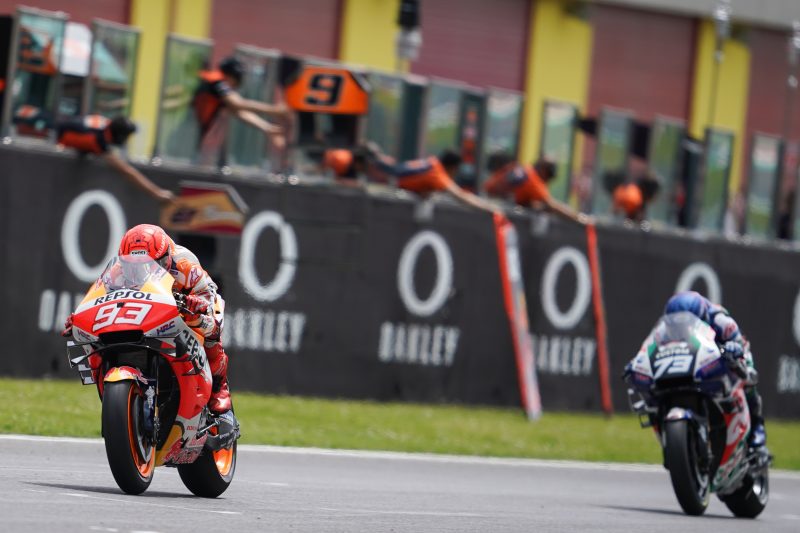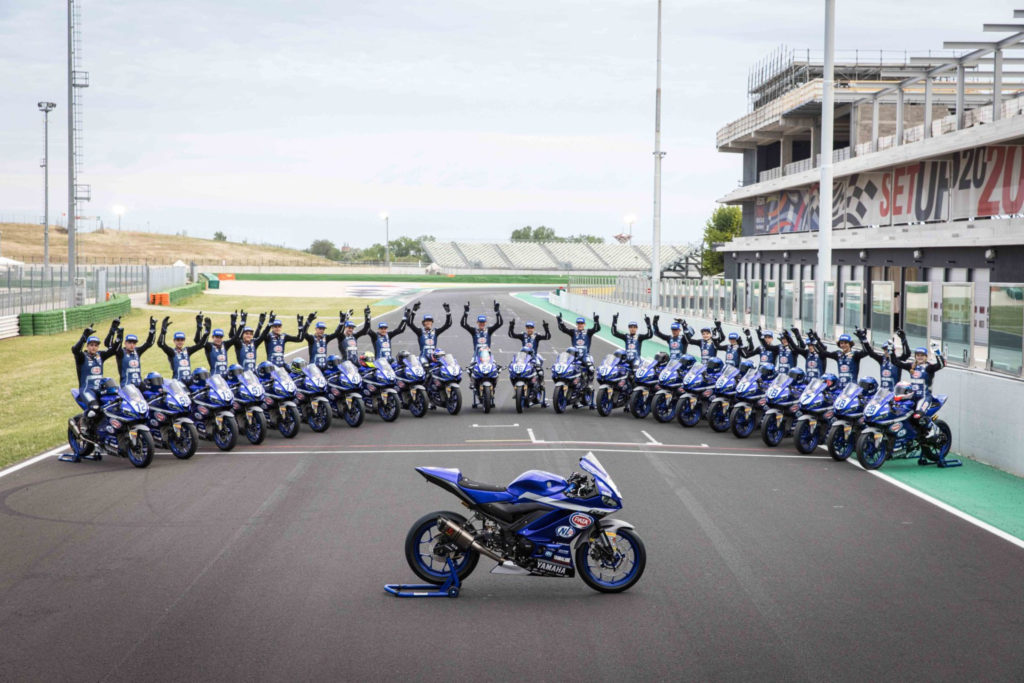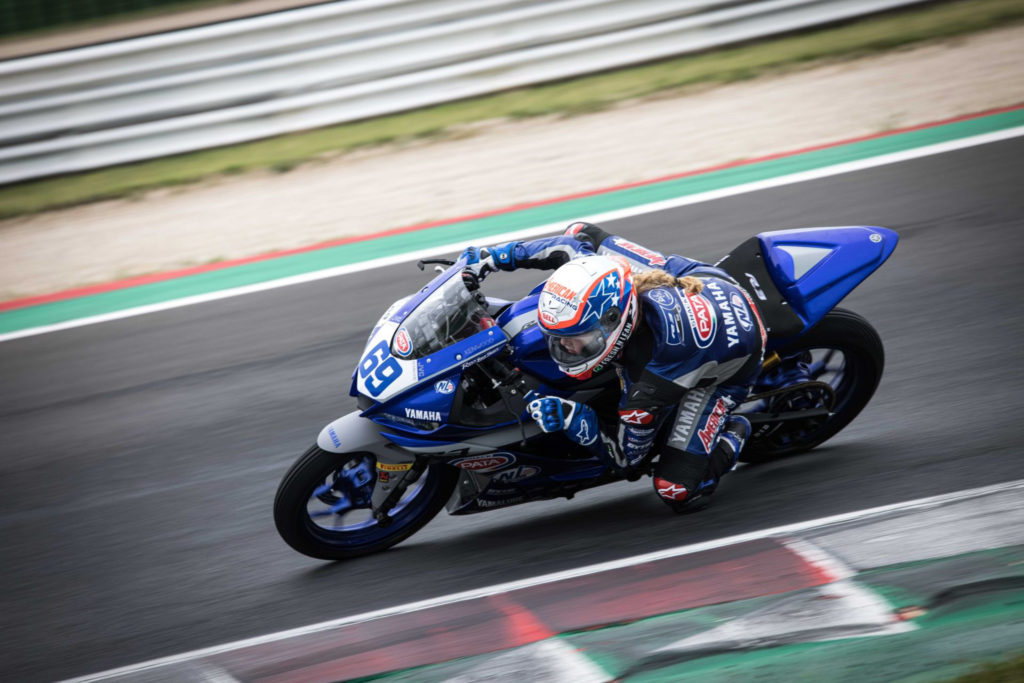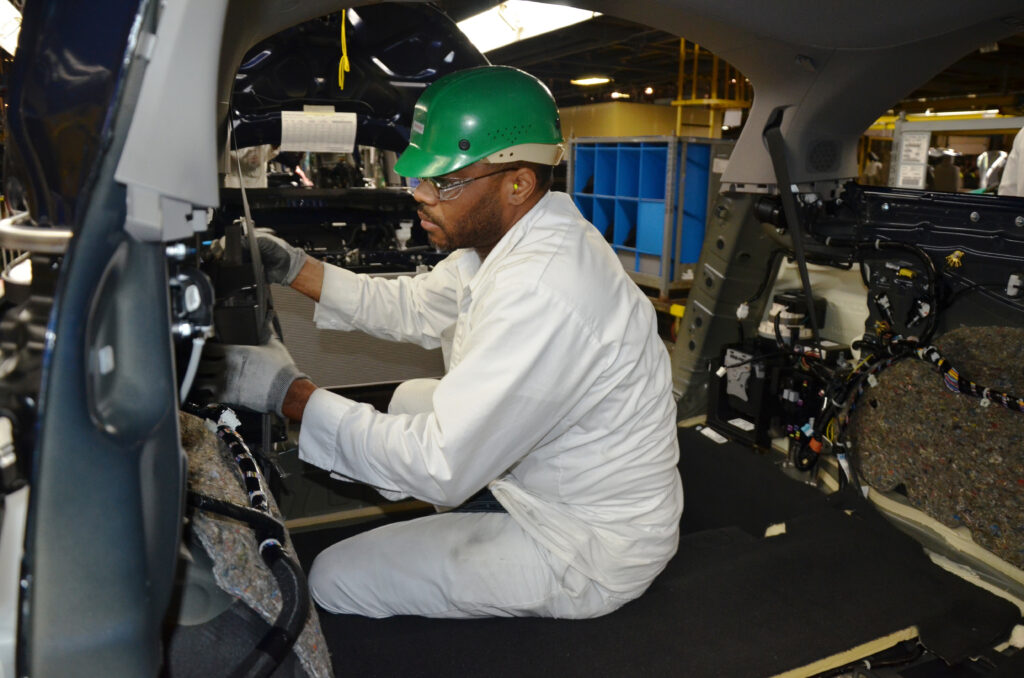
Brazilian racer Helio Castroneves won yesterday's Indy 500 for a record-tying 4th time driving a ... [+]
Photo courtesy of HondaIt seems that all Honda can do on the race track these days is win. Just over a week ago, the brand captured its 80th Formula 1 win in the Monaco Grand Prix and in so doing, elevated its Red Bull pilot Max Verstappen to the No 1 position in the driver rankings while placing the team in the top constructor’s spot above arch-rival Mercedes.
Then yesterday, 46-year-old Brazilian racer Helio Castroneves, driving a Honda-powered car for Meyer Shank Racing, picked up his record-equaling fourth Indy 500 victory at the famed Indianapolis Speedway. On two wheels too, Spaniard rider extraordinaire Marc Marquez has tallied up six MotoGP championships in the last 8 years on a Honda-powered motorcycle, making the brand the most successful manufacturer on two and four wheels in recent memory.
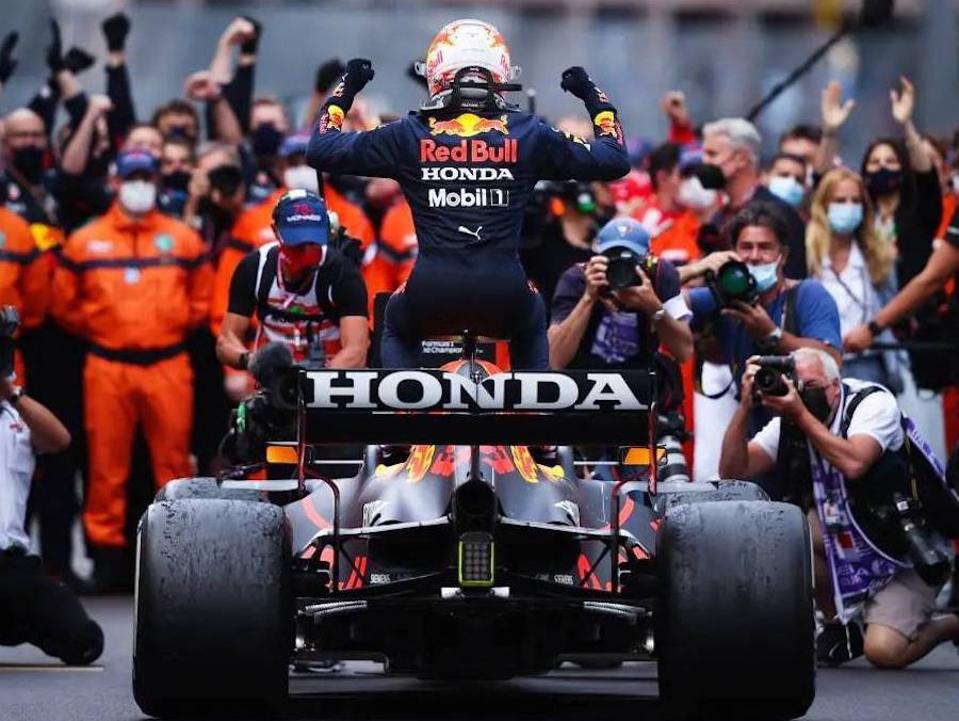
Red Bull's ace Max Verstappen captured Honda's 80th F1 victory when he crossed the line in Monaco on ... [+]
Photo courtesy of HondaIf you were only looking at Honda’s on-track records, you’d be forgiven for thinking the company was happy with its highly successful motor sport campaign. Or if you only examined the brand’s sales figures in the U.S. of hugely popular models like the CR-V, Civic, Accord and HR-V, then you’d think the firm was massively cashed up.
To be honest, Honda is sufficiently satisfied with its sales and motor sport prowess in North America. And it is pushing ahead with its General Motors collaboration to co-develop electric powertrains. Even in China, where it has teamed up with the influential Dongfeng Motor Group, and launched a fist full of new crossovers and minivans recently in response to rising demand, Honda is on solid ground.
MORE FOR YOU

At Honda's HQs in Tokyo this week, the firm is celebrating its 80th win in F1 and Castroneves' Indy ... [+]
Photo by Peter LyonHowever in other parts of the world, namely Europe and especially the U.K., Honda has had to tread softly and carefully of late as it tightens its belt and defines a future path. One thing is for certain. That path does not include F1. No more. Even though the brand has finally found its legs in the world’s pinnacle of motor sport, it has decided to pull out of F1 at the end of this year’s season. It will also not sponsor the Team Dynamics Civic Type R anymore in the British Touring Car Championships, and in a move that stunned a nation, Honda decided to close its British production plant at Swindon that made cars including the Civic.
In announcing its unfortunately timed departure from F1 recently, and the plant closing in July, Honda insisted that these decisions were motivated by a corporate push towards sustainability and carbon neutrality, and a major reallocation of resources to future technologies focusing on EVs and away from F1 and lack-luster sales of Honda cars in the UK.
As sales stand today in its main markets of the U.S. and Asia, hybrid and plug-in hybrid variants account for over 80% of the firm’s lineup. Honda might have only just launched its first-ever electric car in the tiny, cute, over-priced ‘Honda e’ and may offer the hydrogen-powered Clarity fuel cell sedan, but it plans to go all-EV after 2040 thanks to its all-new e-Architecture platform.
At a press conference last month in Tokyo, newly appointed CEO Toshihiro Mibe, said that Honda aims to increase the ratio of EVs and fuel-cell cars to 100% of all sales by 2040. The company sees EVs and FCVs accounting for 40% of sales by 2030 and up to 80% by 2035 in all major markets, including North America and China.
Meanwhile, in North America, Honda and GM will introduce two jointly developed EV models employing GM’s own Ultium batteries in 2024. And to make all that happen in the time frame highlighted by Mibe, motor sport competition and resource allocation outside of the U.S. must be surgically tailored to suit Honda’s carbon neutrality goals.
The Link LonkJune 01, 2021 at 12:22AM
https://ift.tt/3c2PaFi
Honda Switches Gears Towards Electrification Just As It Strikes Gold On The Race Track - Forbes
https://ift.tt/38hkzRl
Honda





